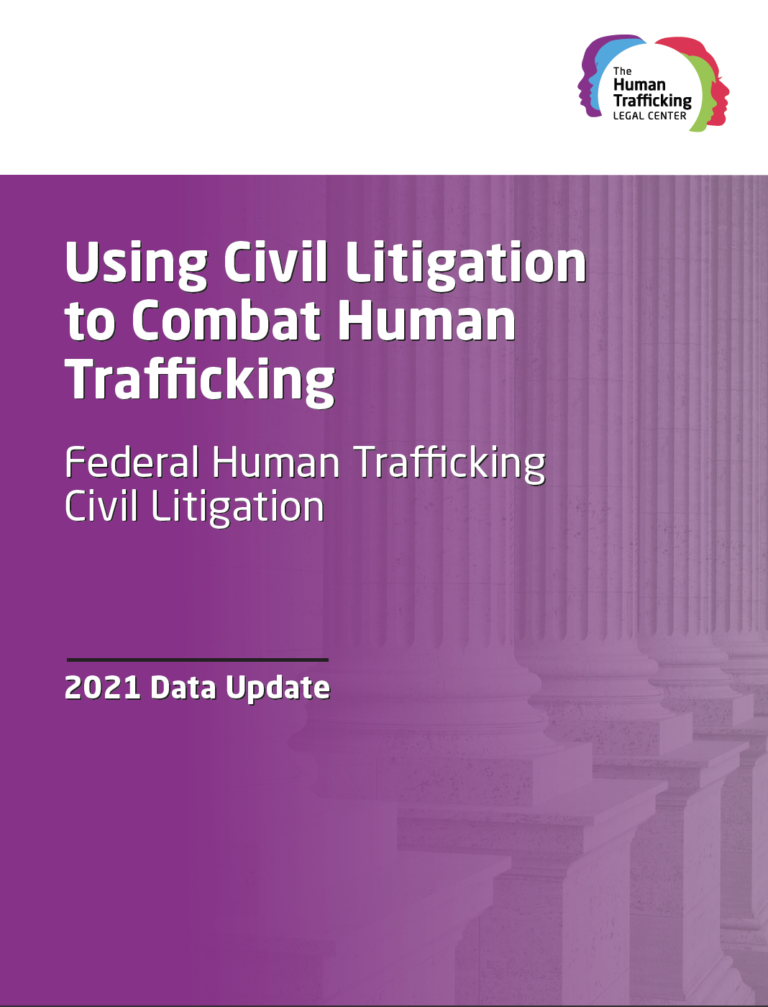Global Report on Trafficking in Persons 2022
PublicationsThis 7th edition of the Global Report on Trafficking in Persons captures our world at a fragile tipping point. For the first time in the 20 years that the United Nations Office on Drugs and Crime (UNODC) has collected data on trafficking in persons...Read More

